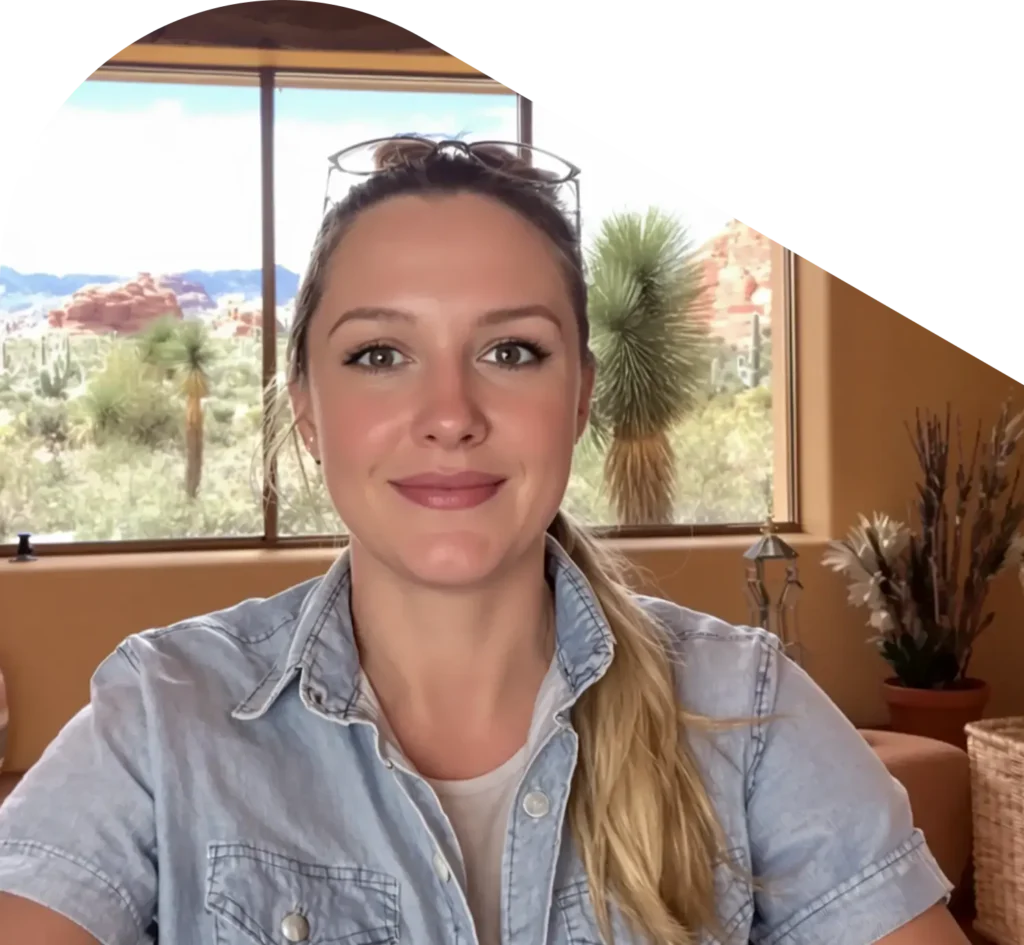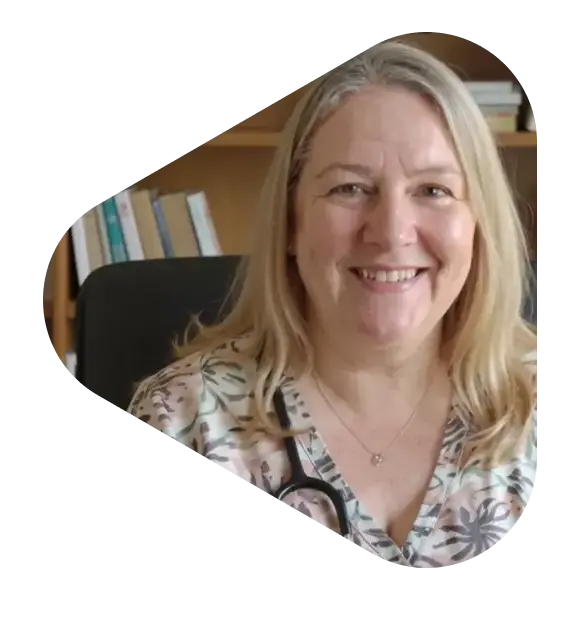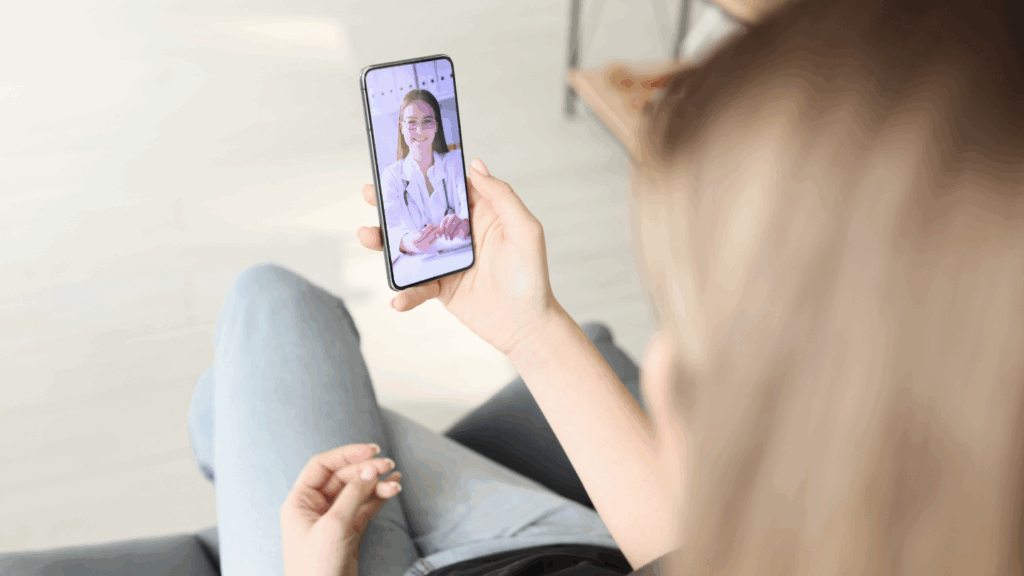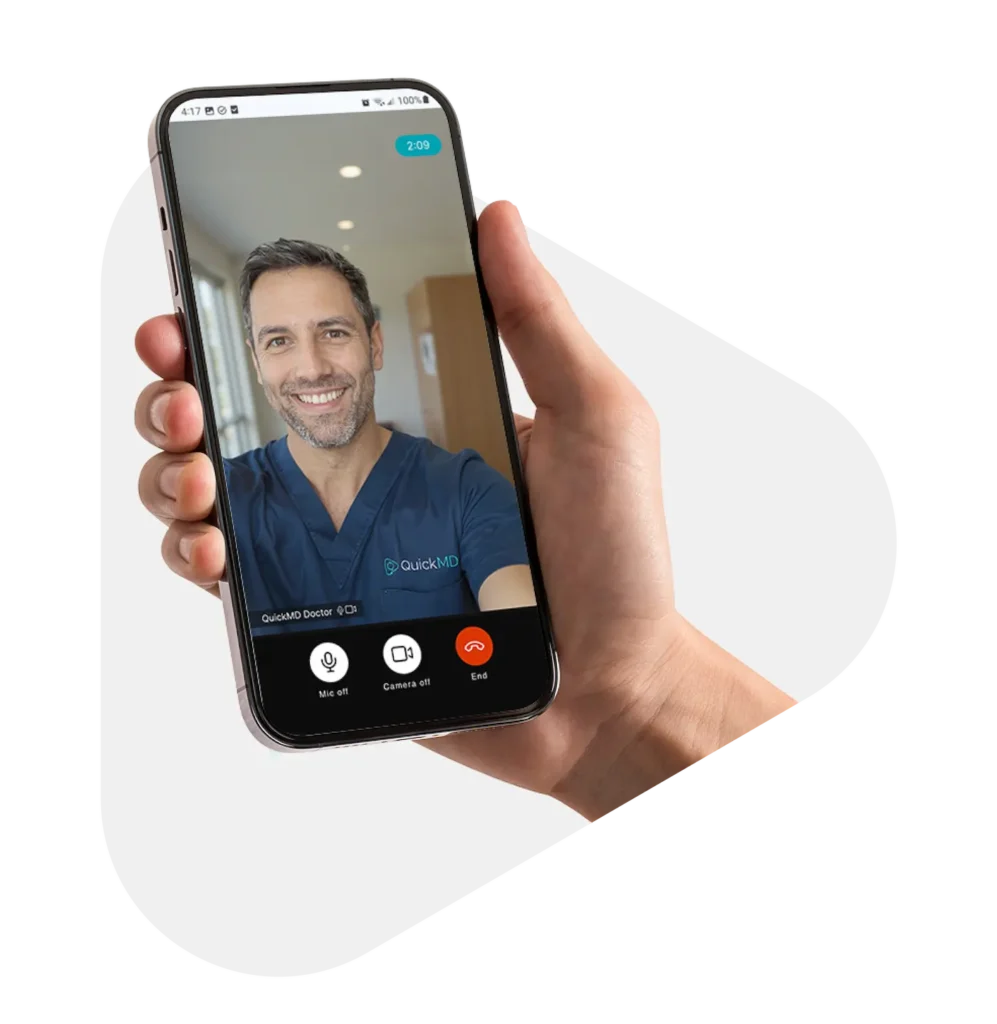Medication-Assisted Treatment in Nevada
QuickMD offers private, judgment-free addiction treatment online in Nevada for substance use disorders, including treatment with Suboxone®.
Book now

Manage opioid cravings and withdrawal with Suboxone® treatment
Learn about treatment
Why choose QuickMD for addiction treatment in Nevada?
Getting care at QuickMD is simple, secure, and accessible. We eliminate the hassle of waiting rooms and insurance. Here’s why thousands of patients trust us for quick, compassionate care:
Same-day
appointments
No insurance
required
Licensed &
certified providers
100% online
appointments
Over 100K+
patients served
Nomemberships
Start treatment with Suboxone® today
At QuickMD, getting your Suboxone® prescription is simple. Schedule a quick phone or video appointment with a licensed provider and we’ll send your prescription directly to your pharmacy.
Why virtual addiction treatment matters in Nevada
Addiction doesn’t always look the way people imagine. It can be someone hiding their use from their kids. It can be someone who started using after a back injury and doesn’t know how to stop. People don’t wake up one day and choose to be dependent on substances. The addiction creeps in slowly, and once it’s there, getting out can feel impossible.
Nevada has seen this crisis deepen in recent years. In 2022, Nevada lost more than 800 people to drug overdoses. This is nearly three times the number from just a decade ago. Behind every statistic is a person, a family, a community struggling to cope with the realities of substance use.
Yet for many Nevada residents, even the decision to seek help is complicated by geography. Nearly 87% of the state’s land is classified as rural, and many counties are designated health professional shortage areas. In fact, 100% of the population lives in a county facing a shortage of mental health professionals. For people in places like Nye, Esmeralda, or White Pine counties, accessing addiction treatment can mean driving hours or going without care altogether.
With telemedicine, people can speak to a licensed addiction counselor from their bedroom. They can get Medication-Assisted Treatment (MAT) or therapy without anyone else knowing. They can get help in the exact moment they decide they’re ready, which might be the only moment they’ll have the strength to ask, and that’s why virtual addiction treatment is important.
How access to addiction treatment is improving in Nevada
In rural counties, treatment might be hundreds of miles away. In urban areas, long waitlists and provider shortages mean that even when someone is ready to recover, the system often isn’t ready for them.
But that’s starting to change.
Telemedicine has opened new doors to addiction treatment in various ways. Someone in a motel room in Tonopah or an apartment in East Las Vegas can now speak to a licensed provider with just a phone or video call.
Nevada has taken clear steps to make this access more than just a stopgap. The state expanded its Medicaid telehealth policies to ensure most behavioral health and substance use services, including Medication-Assisted Treatment (MAT), are covered when delivered virtually. This means that barriers like transportation, child care, or time off work are no longer dealbreakers for people seeking treatment.
Legislation is also playing a pivotal role. Assembly Bill 156 now allows pharmacists to prescribe and dispense medications like Suboxone® for opioid use disorder under certain conditions. This puts life-saving treatment into more hands and more places, especially in communities where doctors are few and far between. The bill also requires health insurance to cover these medications, removing another layer for people in crisis.
Senate Bill 5 expanded the state’s definition of telehealth to include audio-only services and allowed out-of-state providers to treat Nevada patients. That’s huge for people without smartphones, Wi-Fi, or video capability. It’s also helped create a more stable network of providers who can serve patients in both urban and remote corners of the state.
But perhaps most importantly, Nevada is making sustained, long-term investments in recovery infrastructure. Through advocacy and leadership from groups like the Nevada Recovery Advocacy Project and the Substance Use Response Working Group, the state is putting opioid settlement funds to work. Nevada is building recovery housing, supporting peer counselors, expanding overdose prevention programs, and ensuring MAT is available not just in hospitals, but in jails, shelters, and community clinics.
This shift is about more than policy. It’s about recognizing that recovery has to be accessible to be possible. For the first time, many Nevadans, especially those who’ve been overlooked for too long, are finding that help is not just available, but reachable.
How our Medication-Assisted Treatment helps you
At QuickMD, we center our treatment around you—your story, your pace, your needs. Recovery doesn’t happen overnight, and it doesn’t look the same for everyone. That’s why we focus on building a relationship first by listening, understanding, and guiding you through the process step by step.
Once you’re ready, our licensed providers can help you get started with our MAT program using FDA-approved medications that work with your body to reduce cravings, reduce withdrawal symptoms, and help prevent relapse. Medication is only one part of the care we provide. Just as important is the connection, knowing someone is there to support you through the hardest moments and the quiet victories.
Appointments are available same day, and prescriptions are sent directly to your local pharmacy. You can access care privately, from wherever you are, without needing to travel or rearrange your life to get started.
Recovery is deeply personal, and we believe care should be too. That’s why we provide treatment without judgment, pressure, or unnecessary delays, just expert help and compassionate care when you need it most.
Tips for managing addiction treatment
1. Give your nervous system a break
Substance use often affects the body’s stress response. Try building in short, calming rituals, like taking a deep breath before logging into a virtual session or stepping outside after a tough call. These grounding practices help regulate your nervous system, which in turn supports clearer thinking and emotional stability.
2. Celebrate quiet courage
You don’t need a milestone or applause to recognize your strength. Making that call. Opening that email. Each of these acts is an act of courage. Let yourself feel proud of simply continuing. That quiet, persistent bravery matters more than you know.
3. Make peace with ‘day ones’
Sometimes, you might feel like you’re starting over. That’s not failure. It’s resilience. Every “day one” means you chose to try again. Let yourself feel the strength it takes to recommit, not the shame of resetting. Your effort still counts. Always.
4. Track your progress in feelings, not just milestones
Instead of only marking days clean or doses taken, notice how your feelings shift: “Today I felt more present,” “I actually laughed,” or “I didn’t spiral after that trigger.” These subtle emotional wins are powerful signs of healing, even when numbers aren’t changing.
5. Build a playlist for your hardest moments
Music can ground you when words fall short. Create a “safe sounds” playlist with calming tracks, affirmations, or even songs that made you feel powerful before addiction took hold. Listening to this during cravings or panic can help reset your nervous system.
We also offer these services in Nevada
At QuickMD, we’re committed to bringing convenient, affordable, and compassionate virtual care to patients across Nevada. In addition to addiction treatment, we proudly offer:
- Medical Weight Loss
- Urgent Care Services
- Virtual Counseling Sessions

Medical Weight Loss
Our online weight loss treatment helps you explore options like Ozempic® and Mounjaro® with licensed providers, offering support tailored to your health goals.

Urgent Care Services
Get quick, compassionate care for common illnesses online, 7 days a week. Anytime, anywhere.

Virtual Counseling Sessions
Talk to licensed providers to support your mental well-being on your terms, when and where you need it.

Medical Weight Loss
Our online weight loss treatment helps you explore options like Ozempic® and Mounjaro® with licensed providers, offering support tailored to your health goals.

Urgent Care Services
Get quick, compassionate care for common illnesses online, 7 days a week. Anytime, anywhere.

Virtual Counseling Sessions
Get quick, compassionate care for common illnesses online, 7 days a week. Anytime, anywhere.
Start treatment with Suboxone® today
At QuickMD, getting your Suboxone® prescription is simple. Schedule a quick phone or video appointment with a licensed provider and we’ll send your prescription directly to your pharmacy.
Frequently asked questions about MAT in Nevada
How much does rehab cost in Nevada?
On average, a 30-day residential (inpatient) rehab stay costs around $62,530 without insurance, which breaks down to approximately $2,085 per day according to the National Center for Drug Abuse Statistics. Outpatient treatment is significantly more affordable, averaging about $1,626 for a 30-day program, or roughly $54 per day. These figures reflect private, self-pay rates and can be much lower for those with insurance.
Remember, the cost of rehab can vary depending on the treatment program and services offered, like behavioral therapy or other counseling services.
How do I talk to my family about starting MAT?
Start by explaining that MAT is a medically proven, life-saving treatment. Nevada’s MAT providers often offer family education and counseling, which can help reduce stigma and build support around your recovery.
What happens after I stabilize on MAT?
Start by letting your family know that Medication-Assisted Treatment is a medically proven, evidence-based approach to treating substance use, including opioid and alcohol use disorders. MAT works by using medications that help stabilize brain chemistry, reduce cravings, and support long-term recovery. In Nevada, many MAT providers also offer family education and counseling, which can help loved ones understand how addiction affects the brain and why this kind of treatment can be life-saving. These resources can ease stigma, open up honest conversations, and help your family become a source of support rather than judgment.


